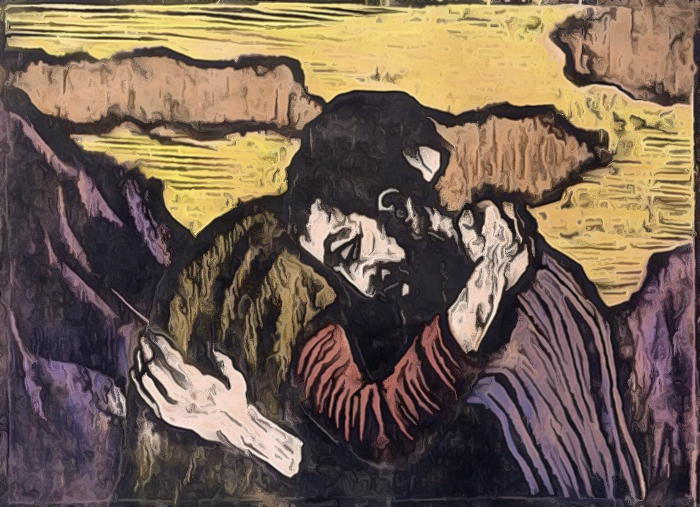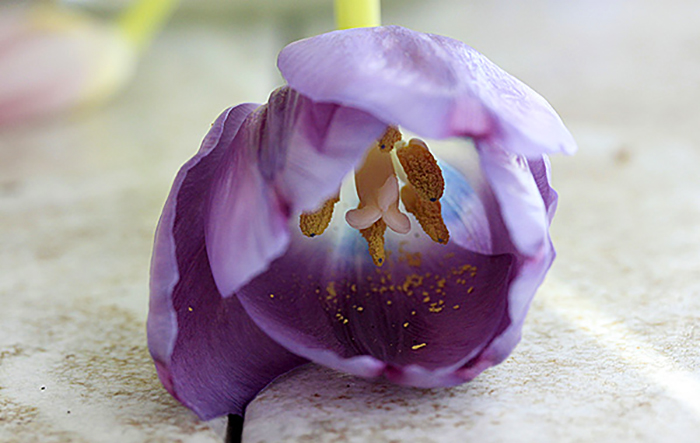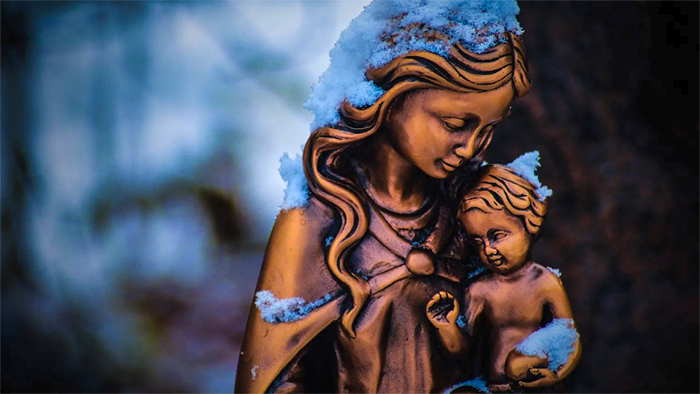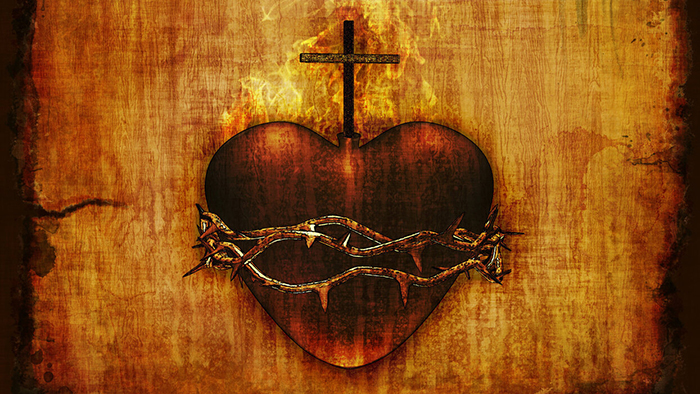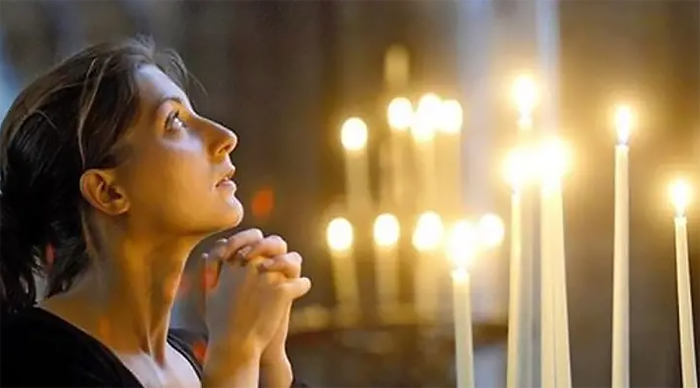
In our reading today from the Gospel of Matthew, Jesus calls us to go beyond external conformity to the requirements of the law and imitate the perfect love of the heavenly Father, who is love himself. The preeminent teaching was the commandment to love God. This is what the Jewish people often highlight as the foundation for their faith. Under the leadership of Moses, the people of ancient Israel left the oppression of slavery in Egypt. Moses led them through their long time in the wilderness to help shape them into the values of the kingdom of God; values of justice, peace, and love. Deuteronomy speaks to the freedom that is central to the identity of the people of God. This included the external freedom from the Egyptians’ tyranny and also their internal state of freedom. We can relate to that. We can be free on the outside, but our internal state could be enslaving us to thoughts, feelings, and actions that harm us. The key to the Israelite’s freedom was focusing on their deep desire for God. If other things got in the way, they would lose their freedom. If they placed their focus on power, possessions, or esteem, they would be enslaved by these false idols. Freedom is not about chaos and doing whatever comes to one’s mind. Freedom is about learning to live through an inner sense of peace, that place of deep love within the heart. As we discussed in some of the earlier posts this past week, when Jesus was asked about the most important commandment, he highlighted the command to love God and to love neighbors. All the other commandments about not stealing, killing, or cheating are rooted in one’s love for God. I want to share this fantastic quote about loving God by Fr. Pedro Arupe, the Spanish Jesuit priest who served as the twenty-eighth Superior General of the Society of Jesus. “Nothing is more practical than finding God, than falling in Love in a quite absolute, final way. What you are in love with, what seizes your imagination, will affect everything. It will decide what will get you out of bed in the morning, what you do with your evenings, how you spend your weekends, what you read, whom you know, what breaks your heart, and what amazes you with joy and gratitude. Fall in Love, stay in love, and it will decide everything.”

